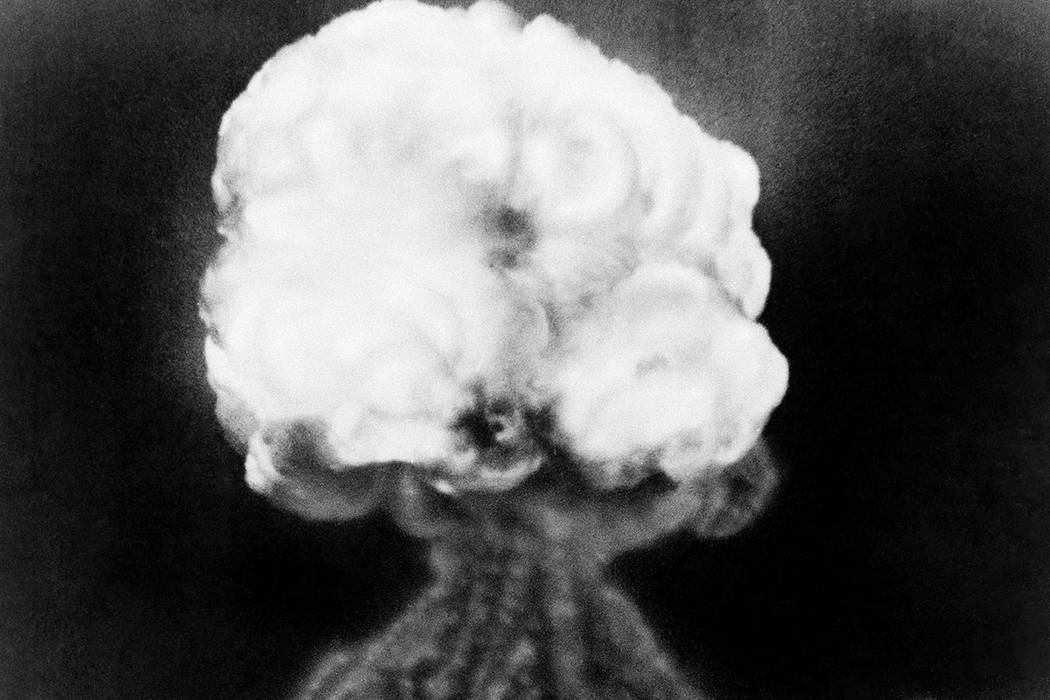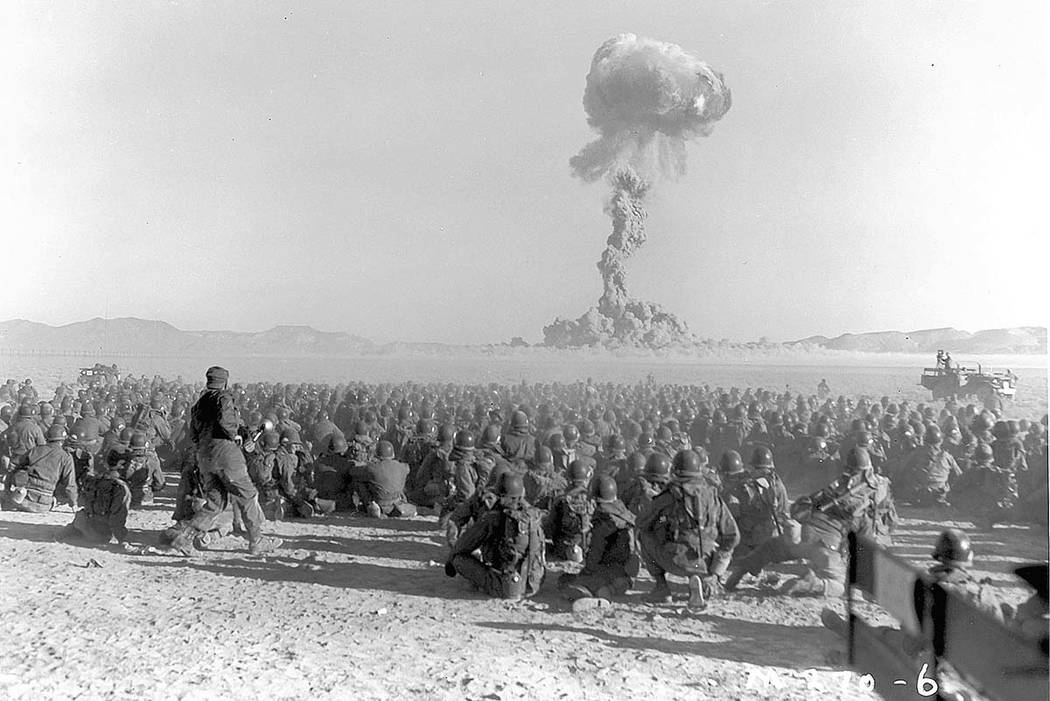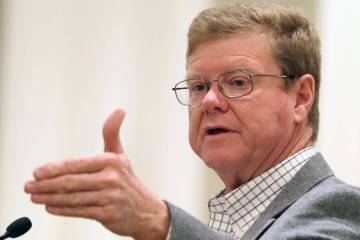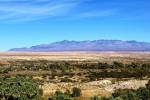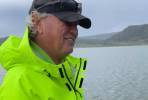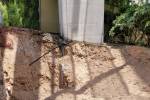Lawmaker seeks to expand compensation from nuclear weapons testing
ALBUQUERQUE, N.M. — A compensation program for those exposed to radiation from years of nuclear weapons testing and uranium mining would be expanded under legislation that seeks to address fallout across the western United States, Guam and the Northern Mariana Islands.
U.S. Rep. Ben Ray Lujan rolled out the measure Tuesday on the 74th anniversary of the Trinity Test.
As part of the top-secret Manhattan Project, government scientists and the U.S. military dropped the first atomic bomb in the New Mexico desert in 1945. Nearly 200 atmospheric tests followed. Uranium mining persisted even after the tests ceased.
Tens of thousands of people — from miners and truck drivers to those living in communities near test sites — were exposed to radiation that has resulted in cancer, birth defects and other illnesses, said Lujan, a New Mexico Democrat.
He said radiation exposure has disproportionally affected Native American communities as well as those who have lived in the shadow of that first test.
“Radiation exposure has taken the lives of too many and continues to hurt our communities. I know how important this legislation is for New Mexico families that have been affected,” he said.
The Radiation Exposure Compensation Act was first passed in 1990 as an alternative to costly litigation to ensure the federal government met its financial responsibilities to workers who became sick as a result of the radiation hazards of their jobs. Coverage was broadened a decade later.
Compensation currently ranges from lump sums of $100,000 for uranium workers to $50,000 for those who lived downwind of the Nevada Test Site.
Supporters of the legislation have argued for years that there are many more people who were exposed but not eligible to file claims under the program.
This includes downwinders in New Mexico’s Tularosa Basin, where the Trinity Test was conducted.
The Tularosa Basin Downwinders Consortium say many who lived near the site weren’t told it involved an atomic weapon until the U.S. dropped bombs on the Japanese cities of Hiroshima and Nagasaki and World War II ended.
“The government did nothing at the time to monitor what was happening with the fallout,” said Tina Cordova, a co-founder of the group and cancer survivor. “They did nothing to protect our health at the time of the test. They did nothing to warn before or after and people were dying.”
Despite the lack of comprehensive epidemiological studies, Cordova pointed to a paper published this week in the Bulletin of the Atomic Scientists on state health data that showed a spike in infant mortality with no known cause other than it began a month after the Trinity Test.
She said the increase followed what had been a steady decline in infant mortality in New Mexico up until August 1945.
“This is significant,” she said of the data, saying it can help frame the debate as the bill moves through the U.S. House.
Similar legislation has been introduced by U.S. Sens. Tom Udall and Martin Heinrich.
Nearly three dozen House members have signed on to Lujan’s measure and his office is confident this could be the year that other downwinders are added to the list of those who can get compensation.
Lawmakers also are facing a deadline as authorization for the compensation program will expire in two years. Lujan said that will leave thousands of people without the ability to pay for medical care for illnesses linked to exposure.
The legislation would extend the program until 2045 and the timeframe for those exposed while working in the uranium industry would be extended to Dec. 31, 1990.
The measure also would require Congress to issue an apology to those exposed in New Mexico, Idaho, Colorado, Arizona, Utah, Texas, Wyoming, Oregon, Washington, South Dakota, North Dakota, Nevada, Guam and the Northern Mariana Islands.
The definition of downwind states would be expanded to include Arizona, Colorado, Idaho, Montana, Nevada, New Mexico, Utah and Guam.
U.S. Rep. Michael San Nicolas of Guam said nuclear fallout has left behind a deadly legacy.
“It is about cancer. It is about the major impact these diseases have on our families,” he said. “It is about the life and death of loved ones past, present, and future.”



